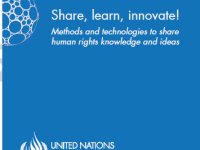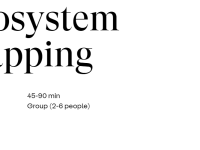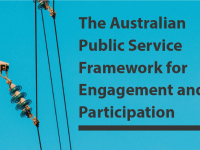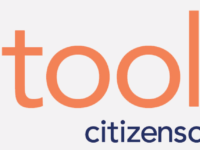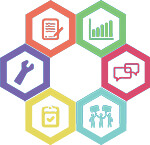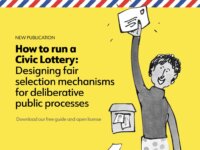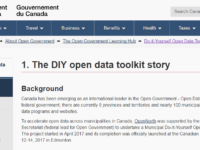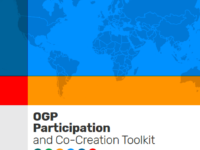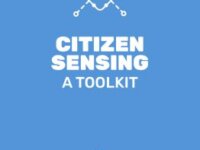Open Government Tags: stakeholders
The Office of the High Commissioner for Human Rights (OHCHR) created the "Share, Learn, Innovate!" toolkit to present methods, tools and technologies to enhance knowledge sharing.
The toolkit acknowledges multiple experiences and perspectives and aims to be a catalyst for action. It collects the explicit knowledge of the organization, making it accessible, while simultaneously connecting tacit knowledge that is not codified but grounded in the experiences of practitioners.
The Share, learn,…
The Danish Design Center created the Ecosystem Mapping tool to help users get an overview of their project stakeholders and potential participants and analyse the motivations, resources and capabilities, that will become valuable for the overall ecosystem.
Through its application, users can map all actors (partners, collaborators, contractors, external stakeholders, etc.) in a given ecosystem in order to accomplish its mission. The tool provides users with "Question Cards" to confirm identified…
The Australian Public Service (APS) Framework for Engagement and Participation provides guidance, principles, and links to interactive tools that support public servants and managers to adopt and improve the participation and engagement of stakeholders and citizens as ways to earn trust and overcome complexity in dealing with society's challenges in the 21st century.
Public servants and managers are invited to subscribe to the principles that underpin this vision and actively use this toolkit…
The Toolkit helps government employees use crowdsourcing and citizen science in their work. It provides five basic process steps for planning, designing and carrying out a crowdsourcing or citizen science project. It also includes a case study library of this process in practice as well as citizen science-related resources (examples, background information, journal articles, tools).
These methods were developed for United States Government staff but could also be used by other governments and…
DemTools is a suite of free, open source software solutions developed by NDITech and distributed for supporting democracy building efforts around the world. The software includes contact management, issue tracking, crowdsourcing, election monitoring, open data, and petition development tools. These were built with the developing world in mind but can also be used in other contexts.
An associated DemTools Guide Book offers an overview of each of the suite of tools, including use cases, user…
This step-by-step toolkit describes an inclusive approach to recruiting participants for public consultation or engagement processes. The publishers designed the Civic Lottery process to mitigate the shortcomings and distortions produced by traditional recruitment methods. The approach introduces randomization at multiple stages of the participant recruitment and selection
process. This toolkit is best for those who have decided that a reference panel is right for their situation (see the…
The Do-it-Yourself (DIY) Open Data Toolkit provides a step-by-step guidance on how to develop an open data initiative. The Toolkit is primarily intended for municipalities that have not yet begun an open data project and need some guidance on how to implement one. It can also be referenced by other governments or organizations who are considering initiating an open data initiative.
The toolkit includes: Open data orientation, Planning considerations, Publishing sample data sets, Adopting an open…
This resource describes open government good practices and presents them to encourage further adoption and innovation. The publisher's goal is to help government reformers and civil society partners in improving the quality and output of co-creation processes across the Open Government Partnership (OGP). The resource was created to aid OGP partners but is applicable to others interested in open government.
The Toolkit contains content organised in a Question & Answer format, a matrix of…
Reference Panels, also known as Citizens' Assemblies, Commissions and Juries, are an example of long-form deliberative processes that are frequently used by governments and public agencies to obtain detailed guidance on important and sometimes controversial policies.
Based on the publisher's experience with reference panels, they offer eight moves from their playbook to help others plan their own deliberative process.
Produced as part of the Making Sense project, which draws on nine citizen sensing campaigns in Holland, Kosovo and Spain in 2016 and 2017. Based on that experience, the publisher developed a framework and methods and tools for citizen participation in environmental monitoring and action. Their approach is bottom-up and participatory, which the publishers call "citizen sensing."
The publishers offer a software platform for collecting data, methodologies for making sense of data, and best…

